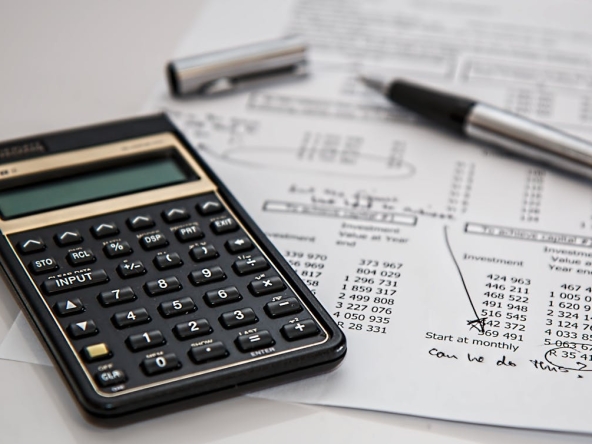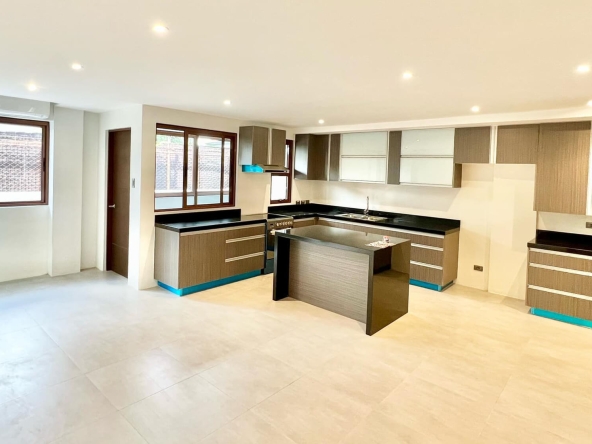When buying or selling a property in the Philippines, one must know that there are still expenses to consider aside from the cost of the property itself. The taxes and fees that both buyers and sellers have to pay vary, depending on whether the seller or the buyer is an individual or a corporation. Another factor is the city where the property is located. The local government of each city computes the taxes involved in a real estate transaction differently.
Here is a rundown of the taxes, fees and miscellaneous expenses involved when buying or selling a property, presuming the property is being purchased or sold by an individual and not a corporation:
1. Capital Gains Tax. Capital Gains Tax or CGT is 6% of the total selling price, zonal value or fair market value of the property, whichever is higher. This is paid at any authorized bank of the revenue district office (RDO) of the Bureau of Internal Revenue (BIR) where the property is located;
2. Documentary Stamps Tax. The tax rate for the Documentary Stamps Tax is 1.5 percent or PHP 15.00 for every PHP 1,000.00 of the property’s selling price, zonal value, fair market value, or whichever is higher. Like the CGT, this is paid at any authorized bank of the RDO of BIR where the property is located;
3. Transfer Tax. Transfer Tax is a tax imposed by the local government unit on the sale, donation, barter or any other means of transfering ownership of a real property. Since it is the city government that imposes this kind of tax on real property transfer, the rate depends on the city where the property is located. In Metro Manila, the rates usually fall around 50%-85% of 1% of the property’s selling price, zonal value, fair market value, or whichever is higher. The transfer tax is paid at the Treasurer’s Office of the City Government.
4. Registration Fee. The Registration Fee is paid at the Registry of Deeds where the property is located. It is based on the value of consideration or the selling price of the property. Please refer to the link below for a more detailed explanation on the registration fees of LRA, including the registration fee table for the sale or purchase of a property. But just to give you an idea how much one has to pay at the Registry of Deeds when buying or selling a house, this is how to compute for it:
a. If the selling price does not exceed PhP1,700.00.00, refer to the registration fee table found on the link;
b. If the selling price exceeds PhP1,700,000.00, add PhP90.00 for every PhP20,000.00 or fraction thereof, in addition to the fee of PhP 8,796.00. e.g.
Selling Price: PhP2,000,000.00
Registration Fee = ((PhP2,000,000.00 – PhP1,700,000.00)/hPP20,000.00)xPhP90.00+Php8,796.00
https://www.lra.gov.ph/mediafiles/pdf%20forms/LRA%20Fees/lrafeeschedule1.pdf 5.
Real Estate Brokers’ Professional Fee/Commission. It is standard practice that when a seller requests the service of a licensed broker to sell his/her property, the professional fee is 3-5% of the Selling Price.
6. Notarial Expenses. Attorney’s Notarial Fee is usually 1% of the selling price. Of course, there are cheaper ones but make sure these are legitimate legal offices.
7. Certification Fees. Certification fees are usually imposed by the BIR and the local government but they only cost around PhP 500.00.
8. Miscellaneous Fees. Miscellaneous fees usually cover the costs of certified true copies of documents, tax clearances, etc. There are more taxes involved when the property is owned by a corporation or when the buyer is a corporation. So, before deciding to sell your property and naming your price, or before you buy a property, do consider all these additional expenses and seek the advice of a real estate professional.
*Please note that these tax rates, fees and expenses may change in time.




